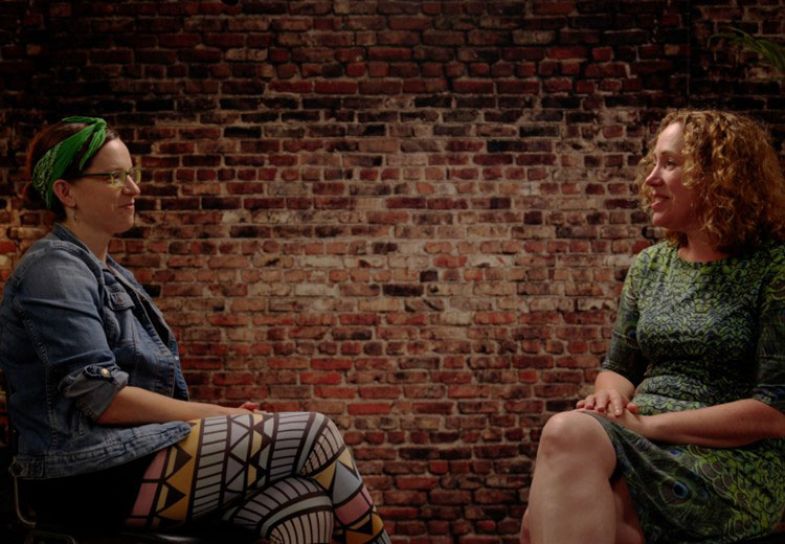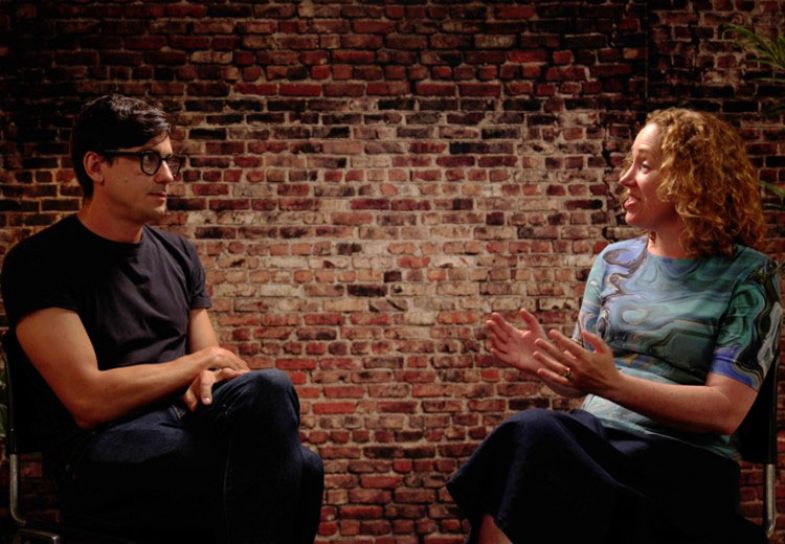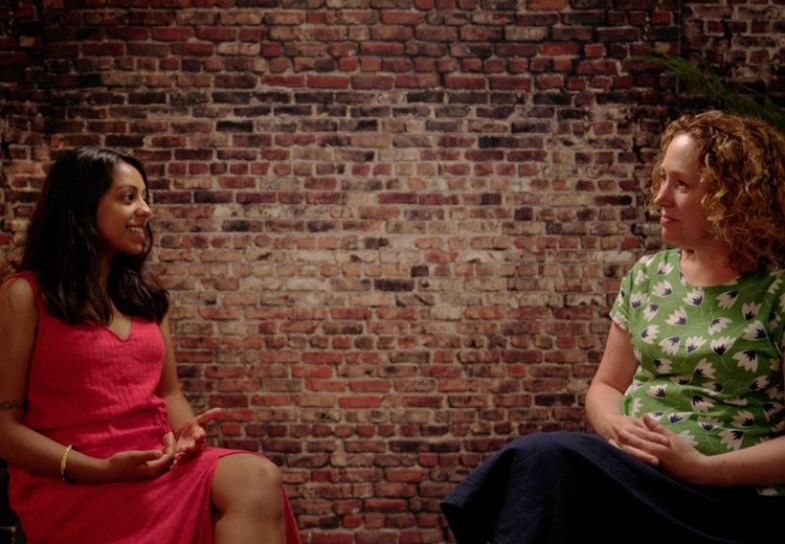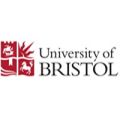
The University of Bristol highlights stories of research commercialisation and spin-out success to inspire students and faculty to pursue entrepreneurial projects
There are many pathways to research commercialisation. Among these, spin-out companies promote academic entrepreneurship, offering an exciting opportunity for academics and researchers to translate their research into impactful applications.
“It’s about finding the best way to get impact out of our research. The driving factor is how we get research out of the university into the hands of people who can use it,” says Andrew Wray, director of research impact and development at the University of Bristol. “We want to choose the best possible and the most efficient pathway to reach the most people. And sometimes, a spin-out is the best pathway.”
The University of Bristol is one of the leading institutions in creating successful spin-out companies according to a 2023 report published by the Royal Academy of Engineering’s Enterprise Hub. “We work to encourage, empower and equip staff and postgraduate research students with the skills and the environment they need to try out these entrepreneurial journeys,” says Michele Barbour, associate pro vice-chancellor for enterprise and innovation at the University of Bristol.
The university provides easy access to information, guidance and support to those who want to embark on this journey at Bristol. The university has established the Centre for Innovation and Entrepreneurship to provide undergraduate degrees in innovation. “That is one example of the ways we help our undergraduates think about being entrepreneurial and form companies,” says Wray.
The university offers online guides on the commercialisation journey and has commercialisation managers who run events and visit research groups to engage with researchers and provide one-to-one support from concept to execution. “We are very fortunate to have devolved funding that we can make available to research teams to help them move forward their ideas and bridge the gap between research and commercialisation,” says Barbour.

The Enterprise Sessions host Michele Barbour in conversation with Science Creates founder Harry Destecroix
The university is building the new Temple Quarter Enterprise Campus near Bristol city centre. The university’s spin-out companies will be able to access workspaces at the new campus, find incubation opportunities and work with larger companies who share space on the campus. “We continue to do collaborative research and development with almost all of our spin-outs. That helps to continue the flow of new science and new knowledge,” says Wray.
Barbour is an advocate of academic entrepreneurship, having launched a successful company herself. Barbour developed the Pertinax technology while working to create an antimicrobial agent to coat dental implants. She has since identified wide-ranging applications for this innovative technology, which helps to prevent bacterial infection, and founded her company, Pertinax Pharma, in 2015.
“I had a fantastic commercialisation manager at the university, who I still work with now. She made me aware of the ICURe [Innovation-to-Commercialisation of University Research] programme, which was in its infancy at the time,” says Barbour. Innovate UK’s ICURe programme is designed to help researchers explore the commercial applications of their research. Barbour received £500,000 in funding from Innovate UK to conduct market research and lay the groundwork to launch Pertinax Pharma.
Other notable spin-out companies from the university include Inductosense and Fathom. Inductosense offers ultrasonic sensing solutions to monitor industrial wall thickness against corrosion and erosion. Fathom is a flood-risk intelligence company that originated from the university’s School of Geographical Sciences and was acquired by the reinsurance company Swiss Re in 2023. An example of undergraduate ventures from the university is PEEQUAL, a portable womxn’s urinal designed to address the problem of long queues for women at music festivals and events.
“In addition to one-to-one support, we offer a lot of training ourselves and in partnership with other providers,” says Barbour, adding that sometimes researchers need more than classroom or workshop-based training. The university offers aspiring entrepreneurs one-to-one mentorship opportunities with individuals who have expertise in their field. “We have a very rich network within the university and the wider environment of entrepreneurs who are connected to that ecosystem and giving back and passing on their knowledge,” she says.
“We have also invested in the storytelling of our successes,” says Wray. This is intended to excite investors and companies to invest in and collaborate with spin-outs from the university while also motivating staff and students to take on entrepreneurial projects. The university regularly invites external speakers, who can provide inspiration and practical experience, to engage with students and researchers.

An episode from the second season of the Enterprise Sessions, featuring Neha Chandarana
In 2023, the university released a series of interviews with current and past staff and students called the Enterprise Sessions. The series features interviews with entrepreneurs and researchers who share their experiences of establishing spin-outs and start-ups. Hosted by Barbour, it seeks to provide insights and dispel misconceptions about research commercialisation. The second season of the Enterprise Sessions was released on 31 January 2024.
The series highlights why research matters and the role the university can play in the broader life of the city and country, says Barbour. “Our participants are often successful, confident and charismatic people, but the sessions seek to help people see the human behind the success. They are very generous with their insights and candid about the difficulties they faced and the challenges they had to overcome”, she adds. “They foster a sense of attainability for other academics and researchers who have similar aspirations.”
Find out more about the Enterprise Sessions at the University of Bristol.

























